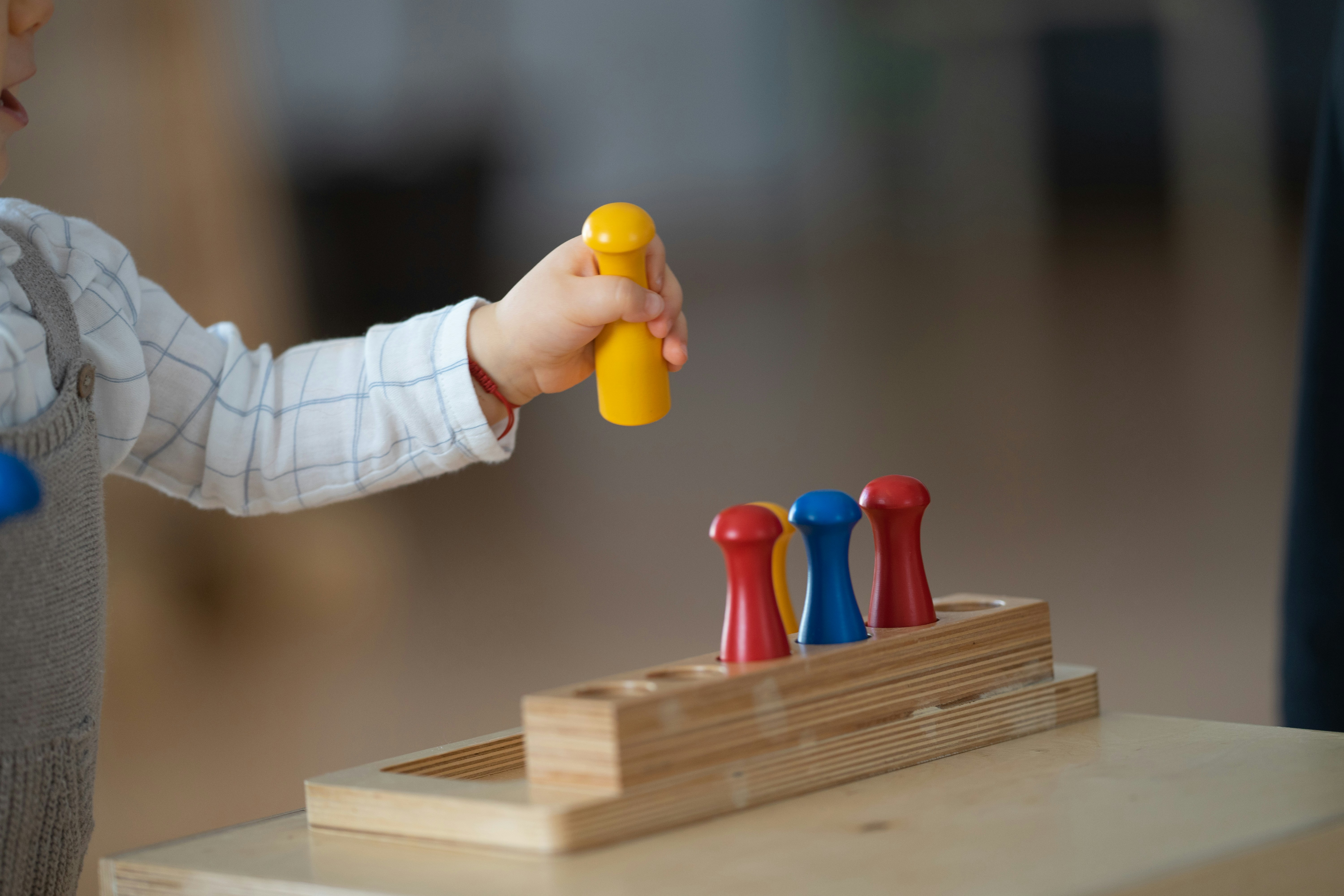Our Montessori Adults
Pioneers of your child's journey
At Nebula Montessori, our educators are more than just teachers—they are mentors, guides, and facilitators dedicated to nurturing each child's unique learning journey. Rooted in Dr. Maria Montessori’s philosophy, they create a respectful, engaging, and stimulating environment that encourages exploration, independence, and growth.
• Montessori Guides
A Montessori classroom typically has a trained Montessori guide supported by a Montessori assistant. Montessori guides typically have a normal teacher qualification as well as an additional Montessori specific training. The guide supports the young child in his or her process of self-development. They are foremost an observer, unobtrusively yet carefully monitoring each child's development, recognising and interpreting each child's needs.
The guide provides a link between the child and the prepared environment, introducing the child to each piece of equipment when he or she is ready in a precise, clear and enticing way. The most important attribute of a Montessori guide is the love and respect she holds for each child's total being.
• Montessori Assistants

The Montessori assistant’s role is to support the teacher and promote peace and order in the classroom. They value and respect the uniqueness of each child while consistently nurturing and modelling a love of learning. The assistant is a keen observer and is knowledgeable about developmentally appropriate behaviour and practices and supports the individual needs and interests of the children.
Montessori 101
As parents, we all want the best for our children—an education that nurtures their curiosity, independence, and love for learning. But what makes Montessori different from traditional schooling? Dive deeper into Montessori with these articles:

Montessori vs. Traditional Education: Key Differences
Montessori education emphasizes independence, holistic development, and intrinsic motivation, contrasting with traditional education’s structured, teacher-led approach.

The Montessori Approach to Early Childhood Education
The Montessori approach fosters independence, hands-on learning, and holistic development, providing a child-centered foundation for lifelong growth.

The Science Behind Montessori Education: Research and Findings
Scientific research highlights Montessori education’s effectiveness in fostering cognitive, social, emotional, and academic development through a child-centered, multisensory approach.

Montessori Education for Different Age Groups: An Overview
Montessori education tailors learning to children’s developmental needs, fostering independence, creativity, and holistic growth from infancy to early childhood.
Still have questions?

Visits are welcome between 11:30 am to 12:30 pm























